Gulf Coast Condo Buyer’s Guide: Key Questions After You’re Under Contract
By Meredith Amon, Licensed in Alabama and Florida
"Guided by Integrity. Backed by Experience. Search the Gulf with Meredith Amon."
When a condo goes under contract on the Gulf Coast, the smoothest path is a coordinated, document-based review. In my experience, the seller, the association (HOA/COA), and the property management company are all instrumental. Reaching out to all parties at the same time keeps answers consistent and timelines on track. Below are the situations, questions, and practical next steps I see most often—and how I recommend buyers approach them.
Association & Building Health
1) Special assessments
What it is: Extra charges for capital work.
Why buyers ask: Cost and timing influence cash needs and dues planning.
How to proceed: Ask the HOA for written assessment history, notices, and board approvals; align with estoppel and contract language on who pays based on levy/notice dates. Invite the seller and manager into the same email thread for clarity.
2) Reserves and reserve studies
What it is: Funds dedicated to major replacements.
Why buyers ask: Reserve strength correlates with future assessment risk.
How to proceed: Review the current budget, reserve schedule, and any reserve study from the HOA; ask the seller if they’ve seen any pending reserve plan changes.
3) Structural/concrete/balcony/façade programs
What it is: Periodic lifecycle work in coastal environments.
Why buyers ask: Scope and status affect near-term risk and enjoyment.
How to proceed: Request engineer reports, completion letters, and project calendars from the manager; ask the seller for any owner notices they received.
4) Milestone or structural inspection compliance (Florida)
What it is: Statutory building evaluations on defined cycles.
Why buyers ask: Findings can lead to additional reserves or mandated work.
How to proceed: Obtain the official report and board minutes summarizing actions; confirm the association’s funding approach.
5) Roof age and warranty
What it is: Remaining life and coverage for the building roof.
Why buyers ask: Replacement horizon affects reserves and risk.
How to proceed: Ask HOA/manager for install year and warranty terms; confirm any scheduled roof items in minutes.
6) Windows and exterior doors
What it is: Impact rating, age, and standards for openings.
Why buyers ask: Insurance, resilience, energy, and sound.
How to proceed: Get building standards from HOA; for the unit, request a simple age/brand statement or permit history. The seller can often provide approximate ages.
7) Plumbing stacks and shutoffs
What it is: Vertical piping systems that can affect multiple units.
Why buyers ask: Leak history and replacement programs matter to risk and insurance.
How to proceed: Ask the manager for stack charts and any lining/replacement programs; check minutes for past incidents.
8) Elevators (age, modernization, service)
What it is: Service contracts and upgrade cycles.
Why buyers ask: Reliability and downtime influence livability and rentals.
How to proceed: Request a manager summary of contracts, modernization status, and outage history.
9) Sound transmission and flooring standards
What it is: Underlayment and construction requirements between units.
Why buyers ask: Noise control impacts enjoyment and reviews.
How to proceed: Review flooring standards and any guidance on sound ratings; the seller can note any upgrades.
10) Board minutes and annual budget
What it is: Official record of priorities and spending.
Why buyers ask: Minutes show planned work and timing.
How to proceed: Read the last 12 months of minutes and the current budget; ask the seller to confirm they have not received any additional notices.
11) Litigation status
What it is: Active or threatened matters involving the association or developer.
Why buyers ask: Lender risk, marketability, and potential costs.
How to proceed: Ask manager/association counsel for a factual status summary; keep seller copied so everyone shares one version of the facts.
12) Amenity closures and project calendars
What it is: Planned downtime for pools, elevators, parking, or common areas.
Why buyers ask: Access and short-term rental impact.
How to proceed: Obtain a maintenance/construction calendar and confirm dates near closing with the manager and seller.
13) Hurricane readiness and recovery
What it is: Communication, closure, and re-entry procedures.
Why buyers ask: Predictability during storm events.
How to proceed: Request the written storm plan from the manager; confirm how updates are sent to owners and guests.
Financials & Closing Economics
14) Dues and what they include
What it is: Regular charges and inclusions (insurance share, utilities, internet, etc.).
Why buyers ask: Accurate monthly budgeting.
How to proceed: Review dues ledger and inclusions from HOA; ask the seller to confirm current payment status.
15) Working-capital contributions, transfer and setup fees
What it is: One-time buyer fees and admin charges.
Why buyers ask: Cash-to-close planning.
How to proceed: Request the HOA fee schedule; align with the title estimate.
16) Estoppel and condo questionnaire timing
What it is: Official association responses validating balances, rules, and budgets.
Why buyers ask: Lenders and title rely on these documents.
How to proceed: Coordinate with title/manager on ordering and turnaround; keep the seller copied so they can authorize promptly.
17) Rental performance (for investment buyers)
What it is: Trailing revenue, ADR, occupancy, and management terms.
Why buyers ask: Income underwriting and expectations.
How to proceed: Request a 12–24 month booking and revenue export from the manager or platform; ask the seller to authorize data sharing.
18) Transfer of future bookings and deposits (big topic)
What it is: What happens to reservations after closing.
Why buyers ask: Continuity of income and guest relations.
Key scenarios & questions to ask all parties together (seller, manager, HOA if relevant):
-
Assumption vs. relocation: Can existing reservations stay with the unit under the buyer’s ownership, or are guests required to move to other inventory if the buyer prefers a clean slate?
-
Platform constraints: If reservations originated through Airbnb/VRBO or a third-party manager, do platform rules allow assignment to a new owner account, or does the manager control the listing and payout?
-
Deposits and payouts: Where are guest funds held today (platform, manager trust, seller account), and how are balances reconciled at closing?
-
Contract chain: If reservations are assumed, what agreement documents that assumption (e.g., a Reservation Assignment & Assumption addendum between buyer and seller, plus a Property Management Agreement (PMA) assignment if management stays in place)?
-
Guest communication: Who notifies guests of the ownership change, updated contact numbers, and check-in instructions?
-
Accounting & tax: How will accrued but unpaid rents, cleaning fees, and taxes be prorated on the closing statement?
How to proceed: Ask title for a future-reservations ledger and deposit report; have the seller and manager confirm, in writing, whether reservations are being assumed or moved, and obtain the related assignment language well before closing.
19) Prorations: taxes, dues, utilities, rents
What it is: Allocation as of the closing date.
Why buyers ask: Precision on credits and charges.
How to proceed: Confirm methodology in the contract; review the closing disclosure alongside the manager’s ledgers.
20) Alabama deed/recording taxes & Florida documentary stamps
What it is: State transfer/recording taxes shown on the statement.
Why buyers ask: Clarity on who pays and calculations.
How to proceed: Request a line-item estimate from title and confirm allocation by contract and custom.
21) Florida mortgage taxes (when financing)
What it is: State taxes tied to notes and a non-recurring intangible tax on loans.
Why buyers ask: Accurate finance costs.
How to proceed: Compare lender estimates to title’s draft closing disclosure.
22) Alabama nonresident seller withholding
What it is: State withholding when the seller is not an Alabama resident, often adjusted to gain with an affidavit.
Why buyers ask: Understanding settlement line items.
How to proceed: Ask title to confirm seller residency and any affidavit process that aligns withholding to gain.
23) FIRPTA (foreign seller withholding)
What it is: Federal withholding when the seller is a foreign person, with potential exceptions or reduced rates tied to buyer occupancy and price.
Why buyers ask: Compliance and cash flow.
How to proceed: Ask title to verify seller status early and outline any exception affidavits or IRS withholding certificate steps.
Use, Rules, and Lifestyle
24) Rental rules, minimum stays, pet and parking policies
What it is: Practical use parameters for owners and guests.
Why buyers ask: Lifestyle and investment planning.
How to proceed: Review recorded documents, rules and regulations, and updates from the portal; confirm any recent changes in minutes.
25) Balcony, grill, and storage policies
What it is: Safety and appearance standards.
Why buyers ask: Daily living expectations.
How to proceed: Request the policy page from the manager; ask the seller how they’ve handled these in practice.
26) Security, access, and guest procedures
What it is: Fobs, codes, camera policy, and guest registration.
Why buyers ask: Smooth operations and guest experience.
How to proceed: Obtain the building’s access policy and owner onboarding checklist; confirm key/fob transfers with the seller.
27) Connectivity and infrastructure
What it is: Internet providers, fiber status, and bulk contracts.
Why buyers ask: Remote-work reliability and guest satisfaction.
How to proceed: Ask the manager about providers and signed upgrade timelines.
28) Beach renourishment or nearby construction
What it is: Shoreline projects and adjacent building work.
Why buyers ask: Temporary access, views, and noise.
How to proceed: Check manager notices and local permit portals; the seller may share practical timing tips.
Unit-Specific Condition
29) Water intrusion history (unit/stack)
What it is: Past incidents and remediation status.
Why buyers ask: Health, habitability, and recurrence risk.
How to proceed: Request any logged incidents from the manager and rely on inspections for present condition; ask the seller about any events during their ownership.
30) HVAC, water heater, and appliance status
What it is: Approximate ages and working condition.
Why buyers ask: Planning for replacements.
How to proceed: Ask the seller for known ages where practical and rely on inspection testing for performance.
31) Open permits and code compliance
What it is: Active permits or finaled work for the unit.
Why buyers ask: Lending, insurance, and safety.
How to proceed: Have your agent or closing team run a permit search and confirm close-outs; the seller can share any approvals they have on file.
Access & Occupancy Requests
32) Staying in the condo prior to contingencies being satisfied
What it is: A request to occupy before closing or before contingency removal.
Why buyers ask: Desire to “experience” the unit and building.
Why sellers hesitate: Occupancy displaces rental nights and increases liability; buyers already receive robust inspection access.
How to proceed: Consider multiple walk-throughs at different times of day when vacant (morning, afternoon, evening). Explore renting a comparable unit in the same complex for a trial. If a stay is still preferred, discuss a limited license through management after contingencies are cleared—understanding it affects housekeeping and availability and is rarely approved.
33) Access during inspection and re-inspection
What it is: Scheduling windows for inspectors and specialists.
Why buyers ask: Thorough evaluation of systems and finishes.
How to proceed: Coordinate with the manager and the seller for access windows; consider thermal imaging, moisture mapping, and appliance function tests.
Closing Mechanics & Post-Closing
34) Who pays what: transfer taxes, recording, association fees
What it is: Allocation driven by contract and local custom.
Why buyers ask: Predictable cash-to-close.
How to proceed: Ask title for a written estimate showing deed/doc stamps, recording, estoppel, transfer, and working-capital items; confirm allocation in writing with the seller.
35) Post-closing transition
What it is: Onboarding for fobs, parking, storage, trash, mailbox, rental platforms, and manager contacts.
Why buyers ask: Seamless day-one experience.
How to proceed: Request the manager’s move-in checklist and contact sheet; schedule key exchange and first housekeeping service with the seller and manager.
Quick Buyer Checklist
-
Start a single email thread with the seller, HOA/manager, title, and me to streamline answers.
-
Estoppel, budget, reserves, minutes, rules, insurance summary, and project calendar from the HOA/manager.
-
Future-reservation ledger, deposit report, and written decision: assume or move reservations; obtain assignment language if assuming.
-
HOA fee schedule (dues, transfer, working capital, estoppel) and title estimate with transfer/recording taxes and any withholding shown.
-
Permit search results and full inspection plan with re-inspection timing.
-
Storm plan, access policies, and post-closing onboarding steps and contacts.
If you’d like a building-specific packet for a condo in Orange Beach or Gulf Shores, I can coordinate directly with the seller, association, manager, and title so your closing feels calm, organized, and predictable.
Meredith Amon is a Gulf Coast Expert Real Estate Advisor, licensed in Alabama and Florida. She specializes in helping buyers and sellers navigate the buying and selling of homes along the Gulf Coast.
When it comes to finding the home of your dreams in a fast-paced market, knowing about new listings as soon as they are available is part of our competitive advantage.Sign up to see new listings in an area or specific community. Contact Meredith with any questions you may have.
#searchthegulf #meredithamon #becausewelivehere SEARCH ORANGE BEACH REAL ESTATE LISTINGS FOR SALE, $900,000 - $1,000,000

.gif)
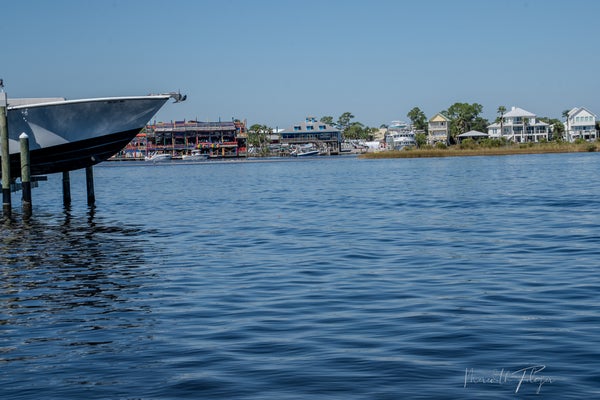
What Makes a True “Gulf Boat”: Durability, Style, Ride & Comfort
What Makes a True “Gulf Boat”: Durability, Style, Ride & Comfort
On the Gulf Coast, boating is not just recreation — it’s identity. From Ono Island’s canals to Perdido Pass and Cotton Bayou, every hull tells a story of craftsmanship and coastal endurance. For me, a true “Gulf boat” must…


Orange Beach Homes: Prices, Waterfronts & Docks
Ask A Question or Sign Up To See New Real Estate Listings Before Your Competition


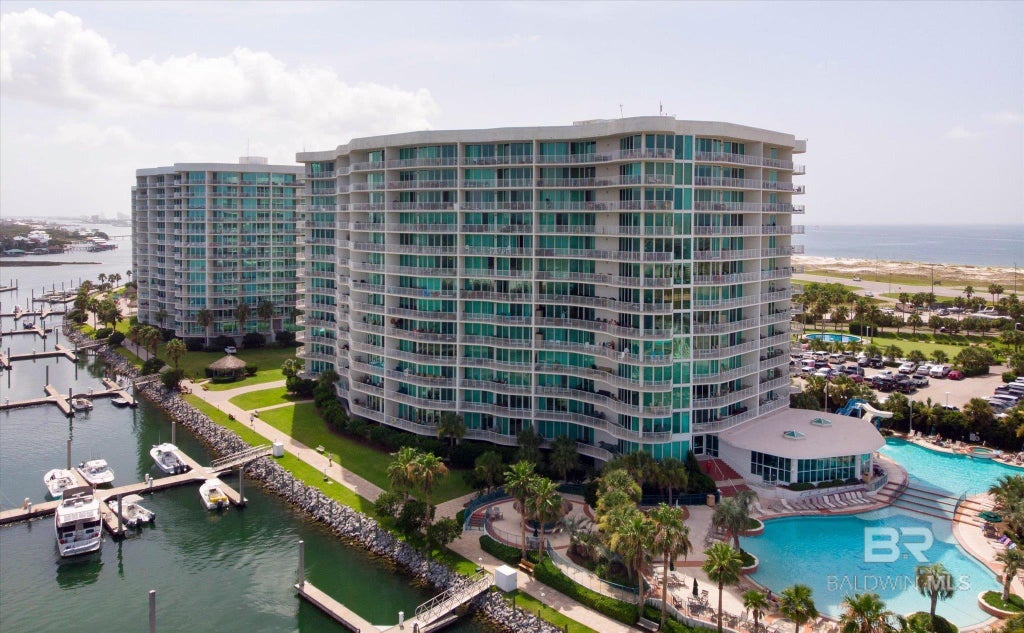
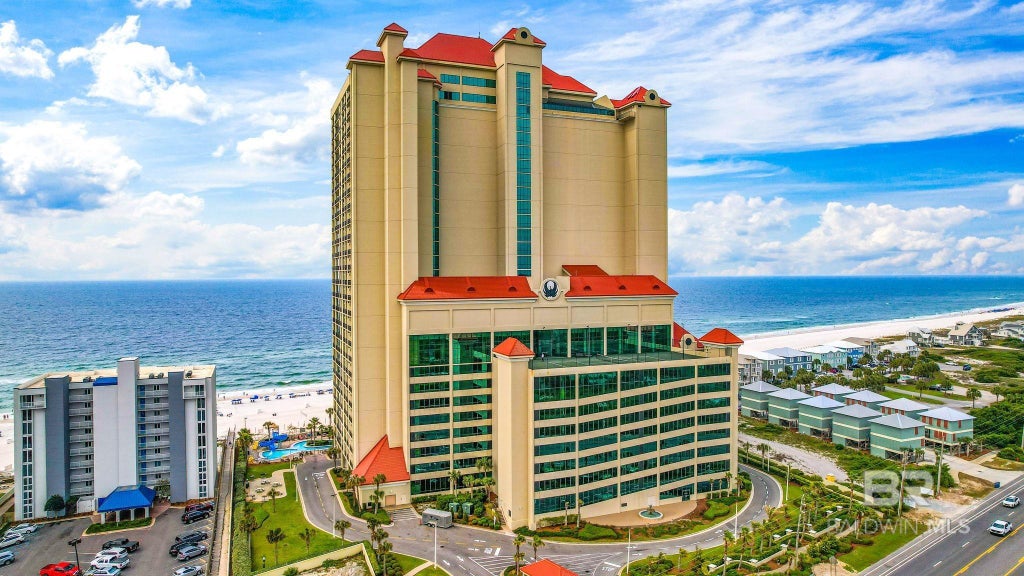
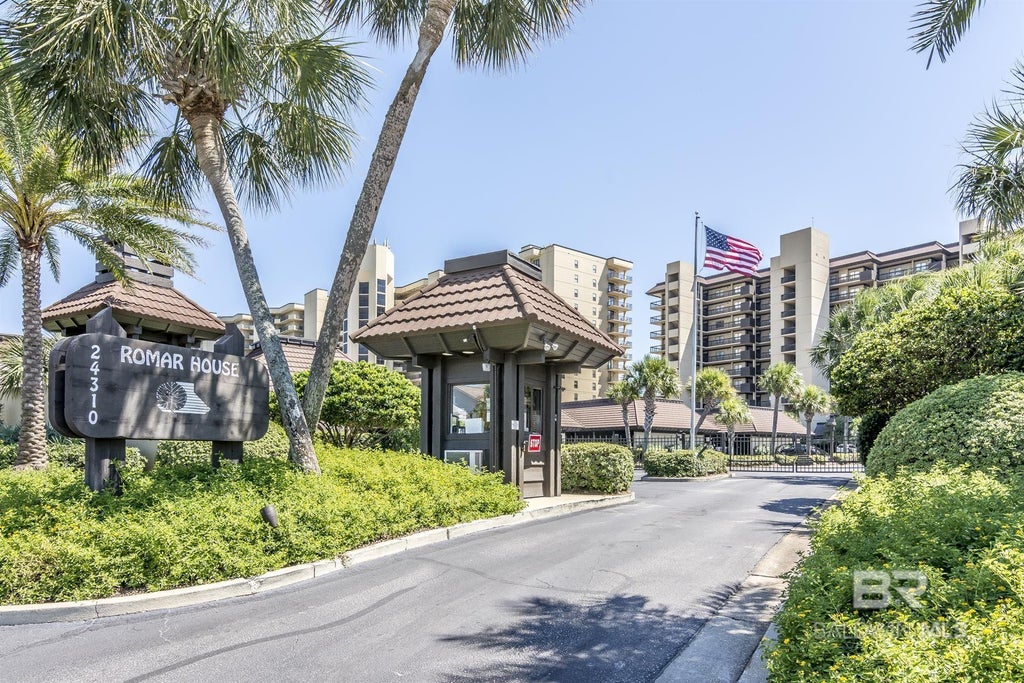
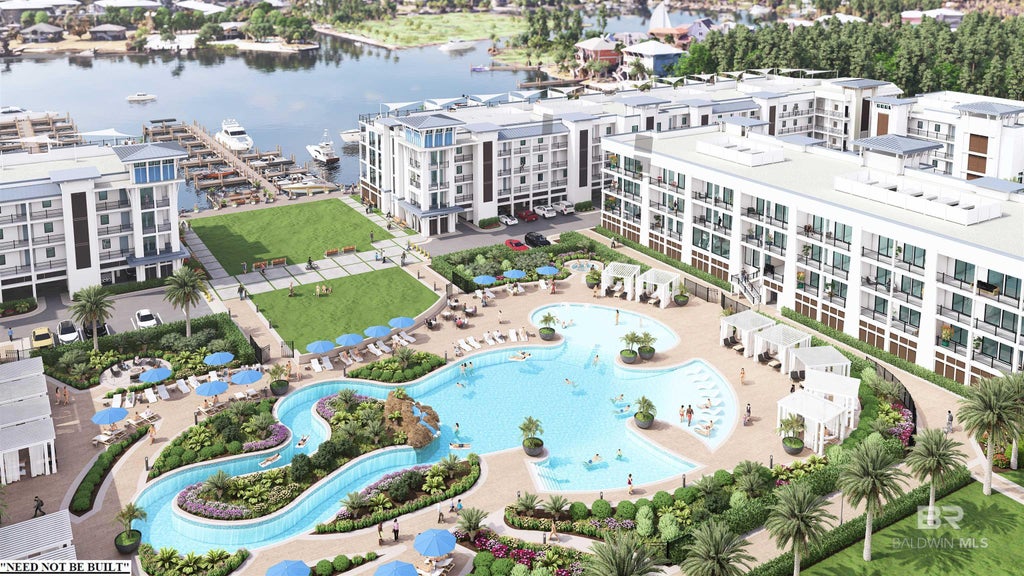
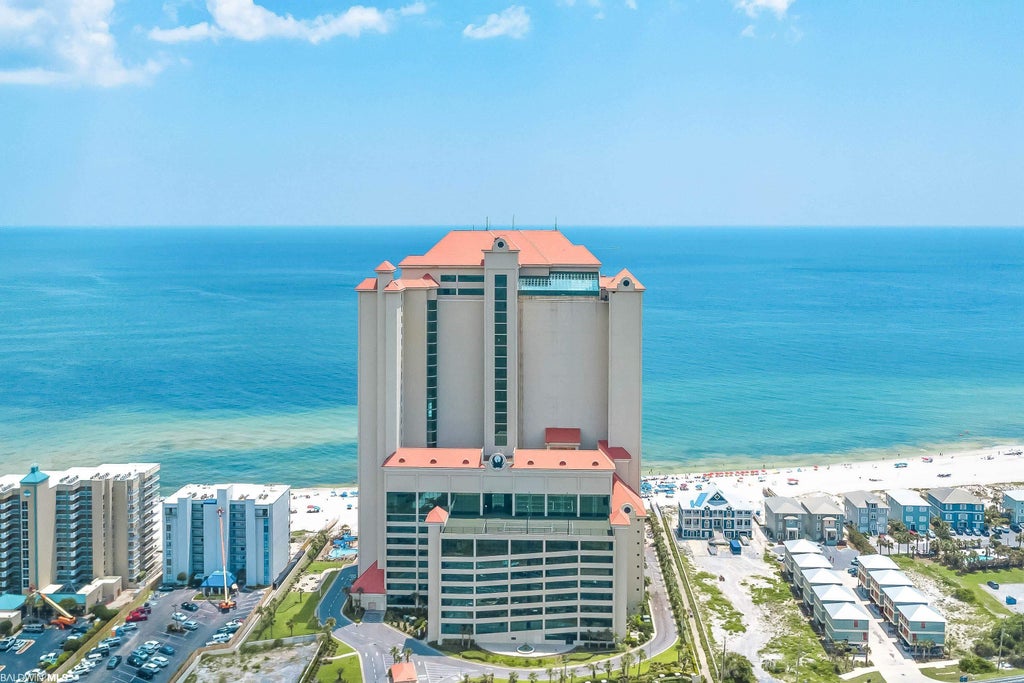
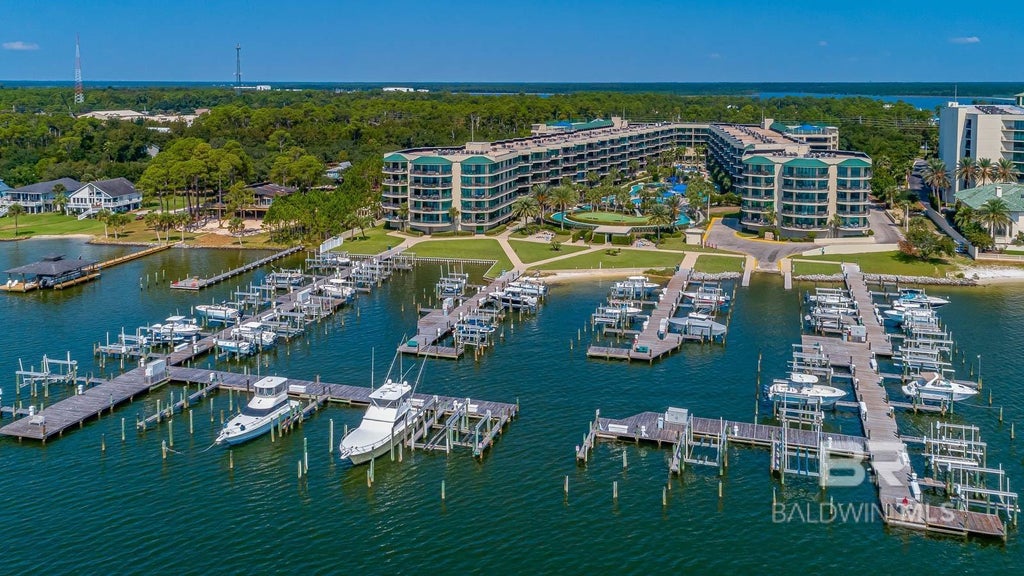
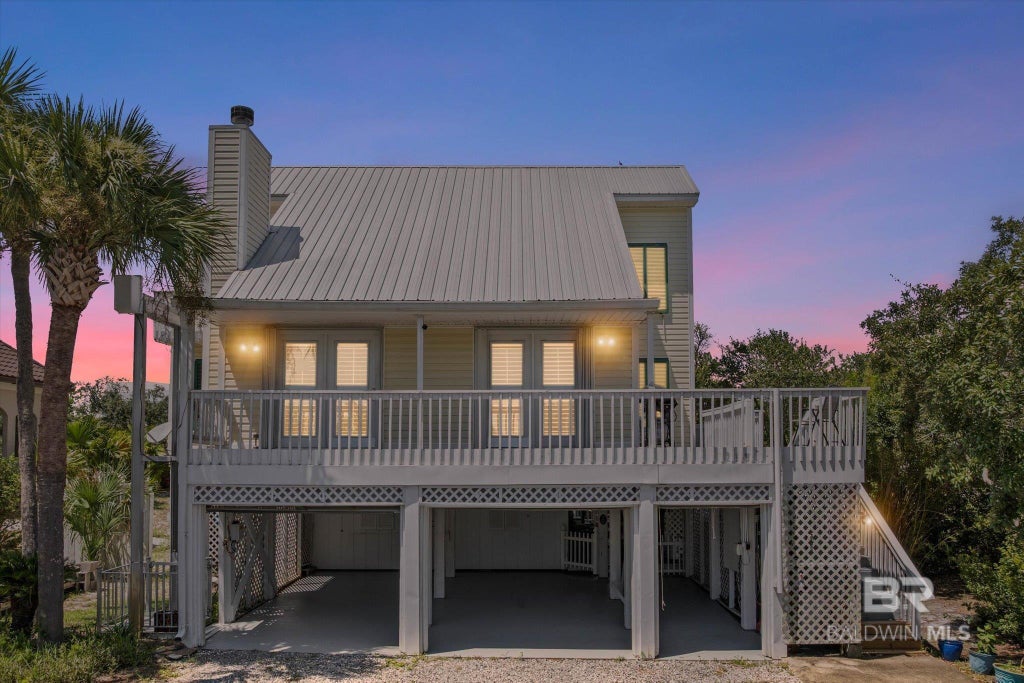
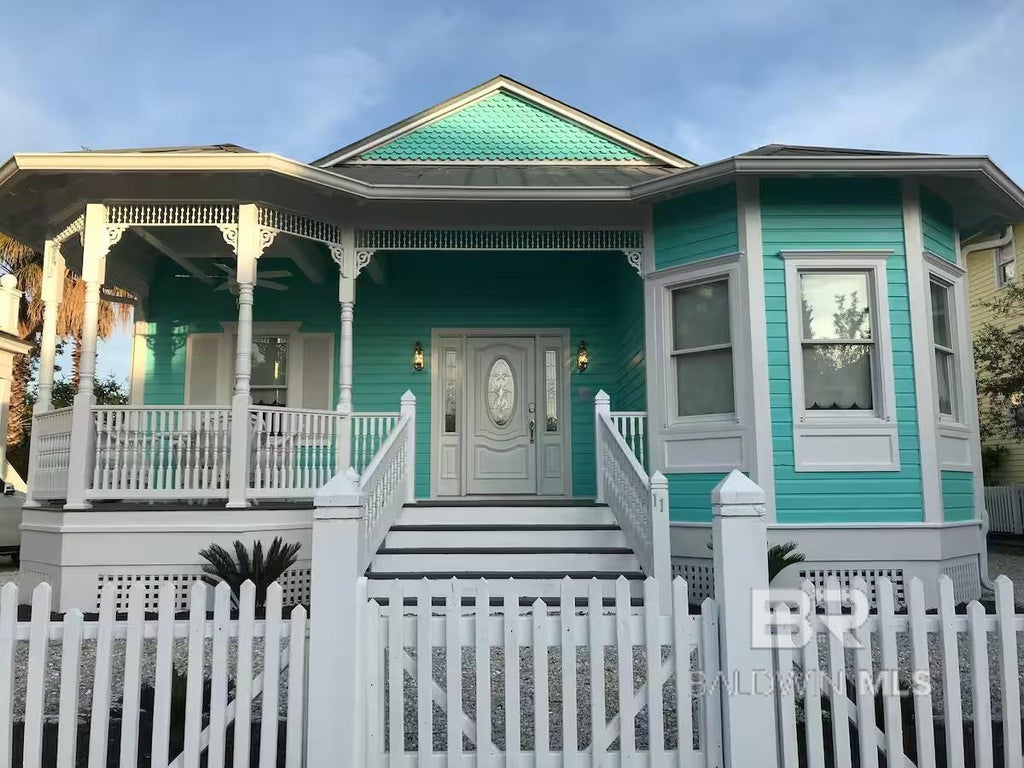
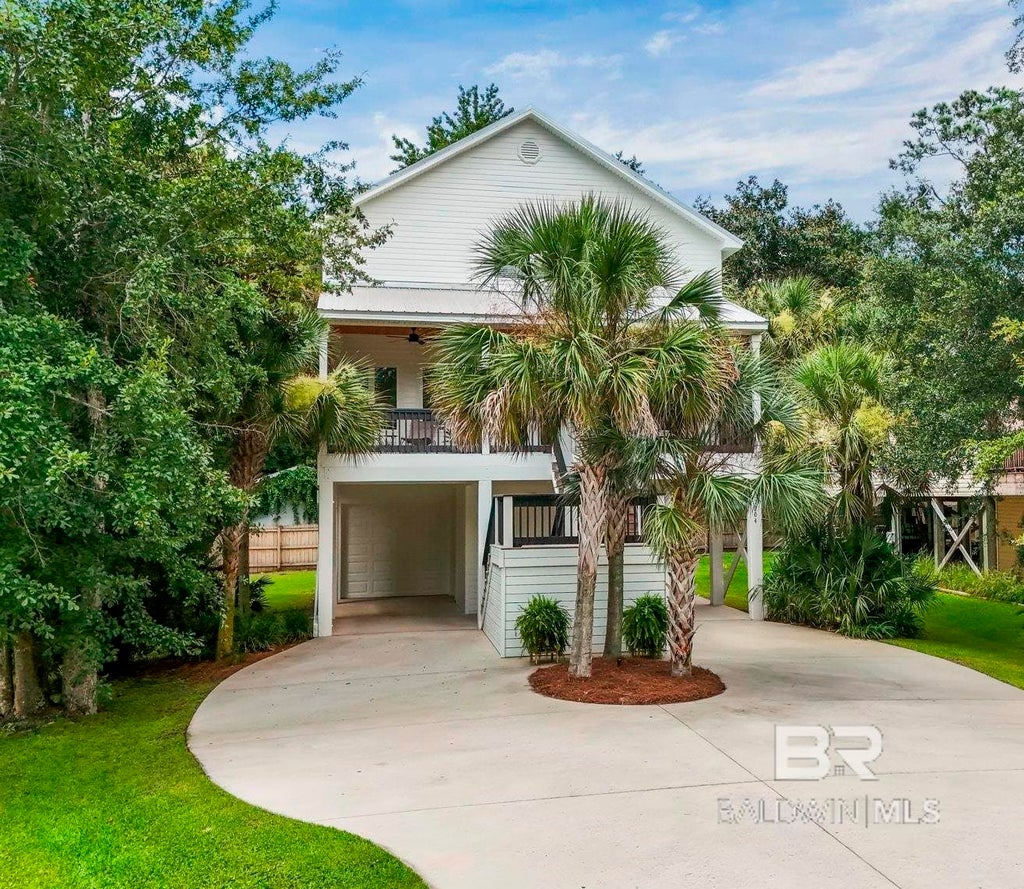
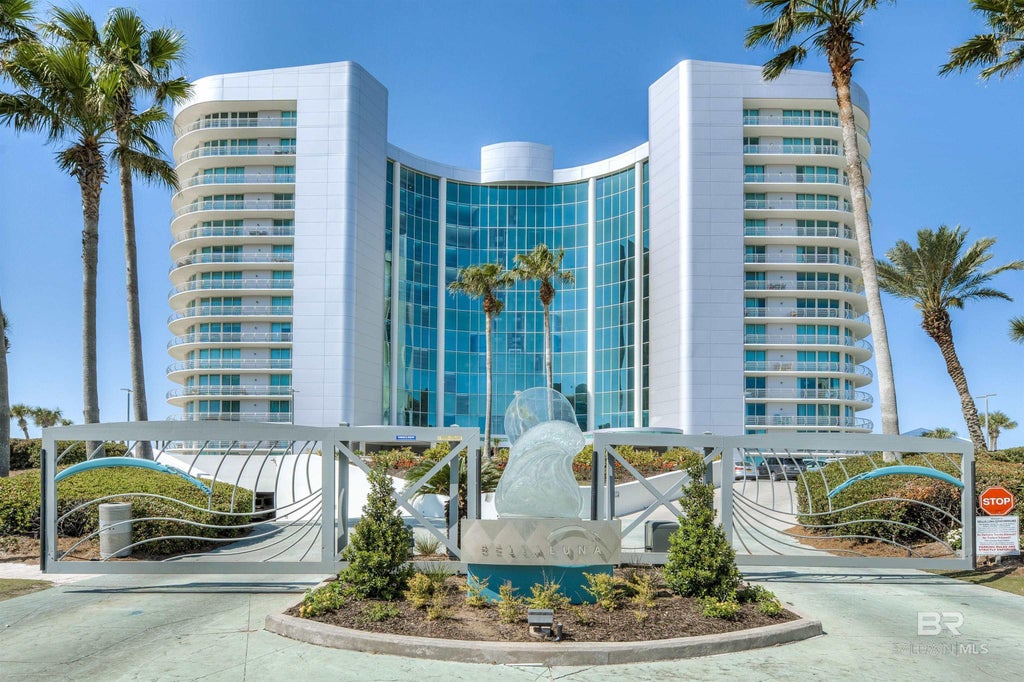
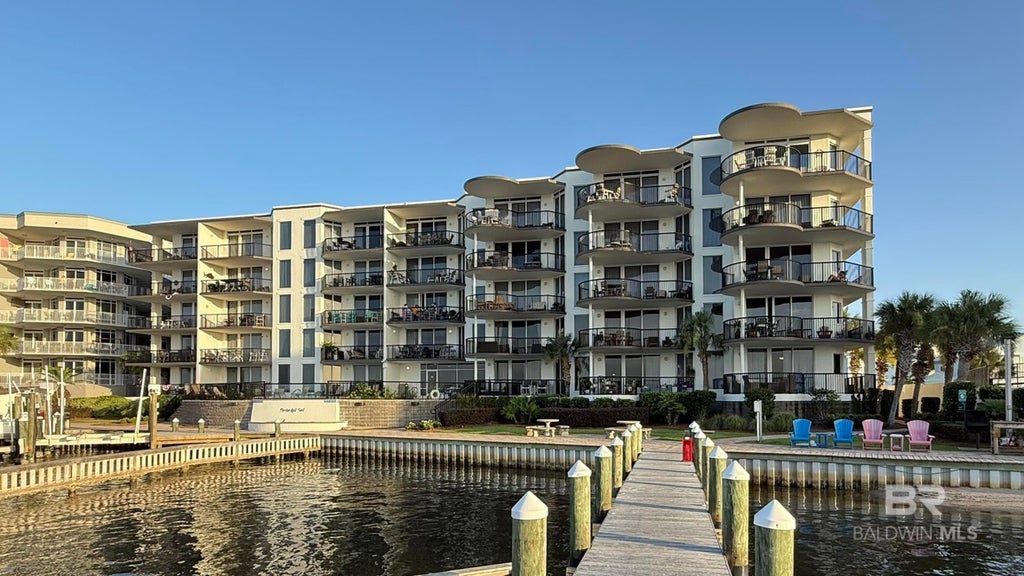
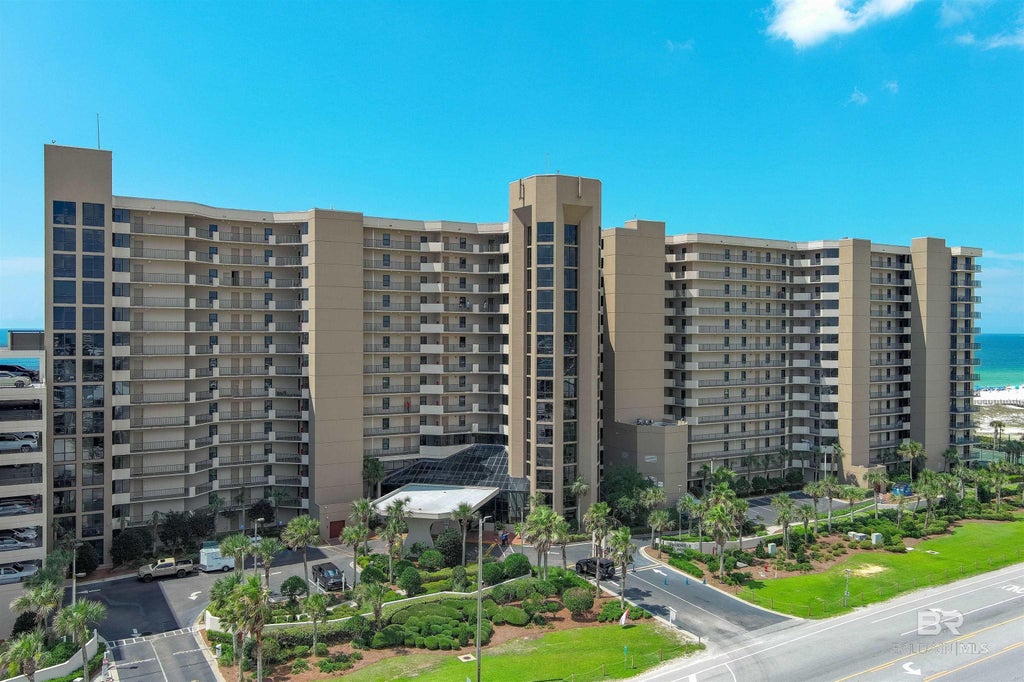

Leave A Comment